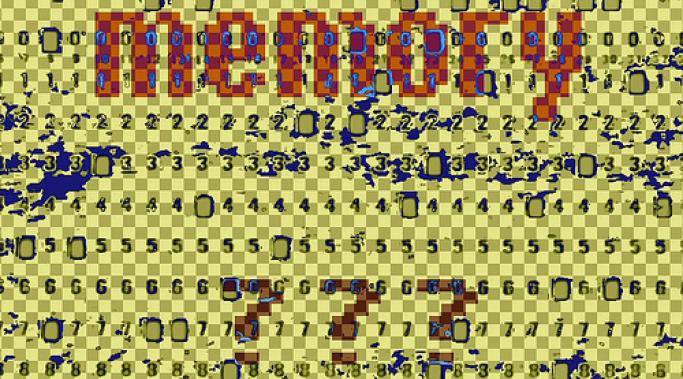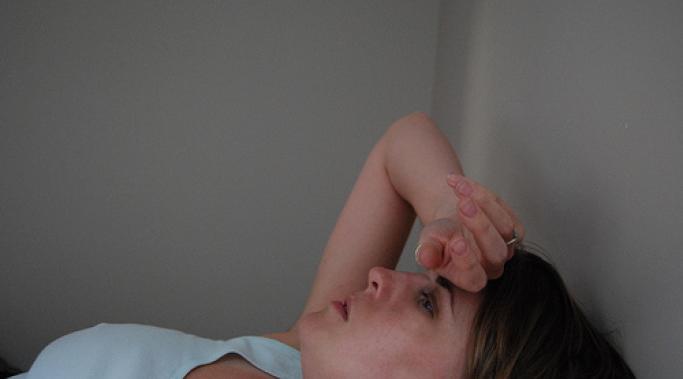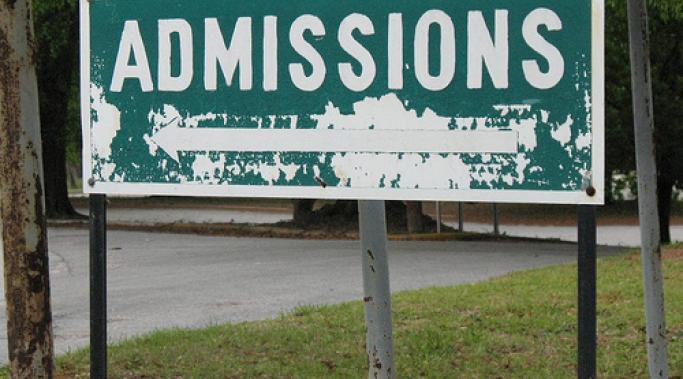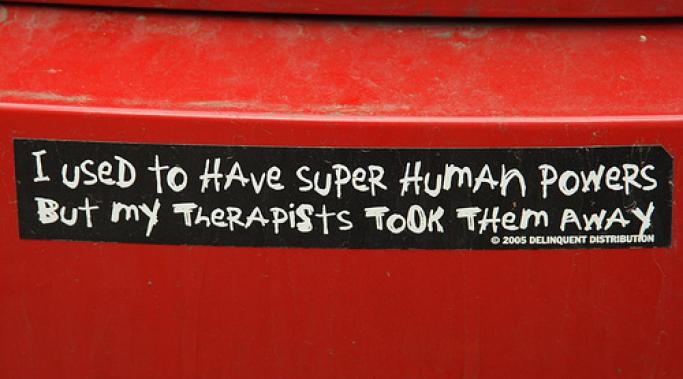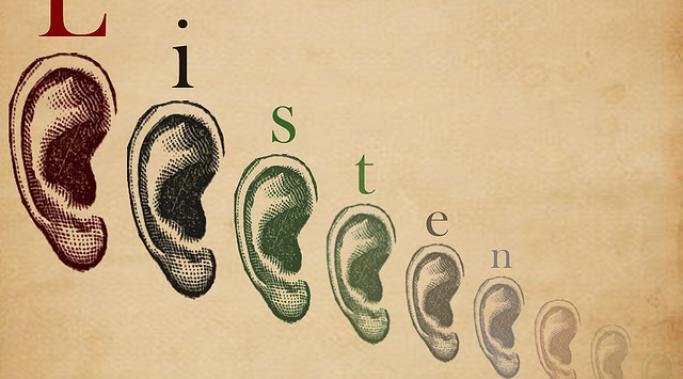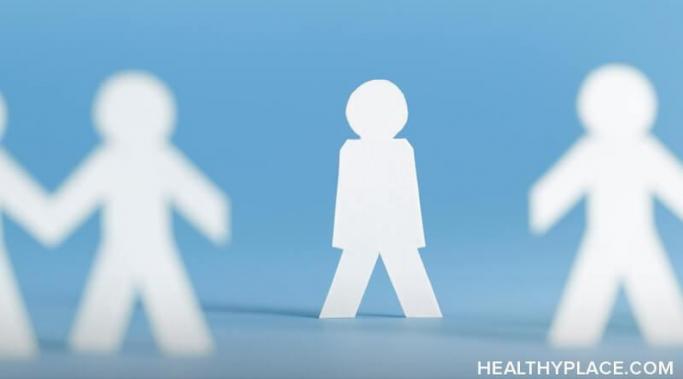When I was in college I confided in a friend about an incident at a party that left me feeling taken advantage of. Initially I was taken aback by her outrage on my behalf. A few days later, I was equally shocked by her hostility towards me. It took many years before I understood that Dissociative Identity Disorder played such a large role in the party incident that I came away with an impression of it that wasn't accurate at all. By reporting it to my friend, I essentially told a lie, though I didn't realize it at the time. Today her wildly varying reactions make sense to me because I have a much better understanding of the potential pitfalls of my dissociative memory.
Videos on DID
We know Dissociative Identity Disorder is a trauma disorder. In the past, many clinicians approached treatment as if it were an archeological dig, excavating for traumatic, dissociated memory. I think most people agree at this point that that's at best ineffective and at worst harmful. But the nature of dissociative memory is such that most people with DID have more questions about their histories than answers. And while I think those of us with Dissociative Identity Disorder do have to learn to tolerate some ambiguity, I also think we have more answers than we realize.
In my current series, Diary of a Newly Diagnosed Dissociative, I've been writing about what I've observed to be common emotional reactions to receiving a Dissociative Identity Disorder diagnosis. I say, "emotional reactions," but I don't know if that really does justice to the enormous impact a DID diagnosis can and often does have. When I say I was confused, I mean I was nearly incapacitated by confusion. When I say I was afraid and lonely, I mean I was almost paralyzed by fear and loneliness. It's with that same respect for the degree of overwhelming emotion that I talk to you today about shame.
In an email conversation I had last week with someone who also has Dissociative Identity Disorder, the issue of hospitalization came up. I was impressed by this person's pro-active perspective. He appeared to accept the fact that inpatient stays are sometimes a part of the recovery process. Historically, my attitude has been much different. But I've decided his forward-thinking approach is healthier.
Yesterday I talked about the Dissociative Identity Disorder diagnosis and the vital role clinicians play in making that diagnosis. One of the reasons it's important to talk to a therapist if you think you may have DID is that dissociation by nature impedes awareness. Most people can't see the spot between their shoulder blades without a mirror. Similarly, most severely dissociative people aren't able to clearly recognize the symptoms of DID and the extent of their problem without the help of a skilled clinician. In fact, the diagnosis often comes as a shock. Today I'd like to share with you a typical diagnosis story - my own.
Dissociative Identity Disorder can leave you feeling like much of your life is out of your hands, subject to the varying agendas of your alters. Last week, in the comments to my post Love and DID: Sometimes More is Less, reader Dana offered an insightful perspective on the potential payoffs of greater system awareness and communication:
My name is Holly Gray. I live in the Pacific Northwest United States with my 11-year-old son and a cat named Alex P. Keaton. My life has been a search for identity and a series of 180 degree turns that baffled and frightened me. I have been in and out of therapy since I was 14 and up until five years ago, found very few answers in the therapeutic process. I was diagnosed with Dissociative Identity Disorder in early 2005. I wrestled with the diagnosis for several years before finally coming to terms with it. In doing so, I learned and unlearned a great deal about dissociation and DID.
